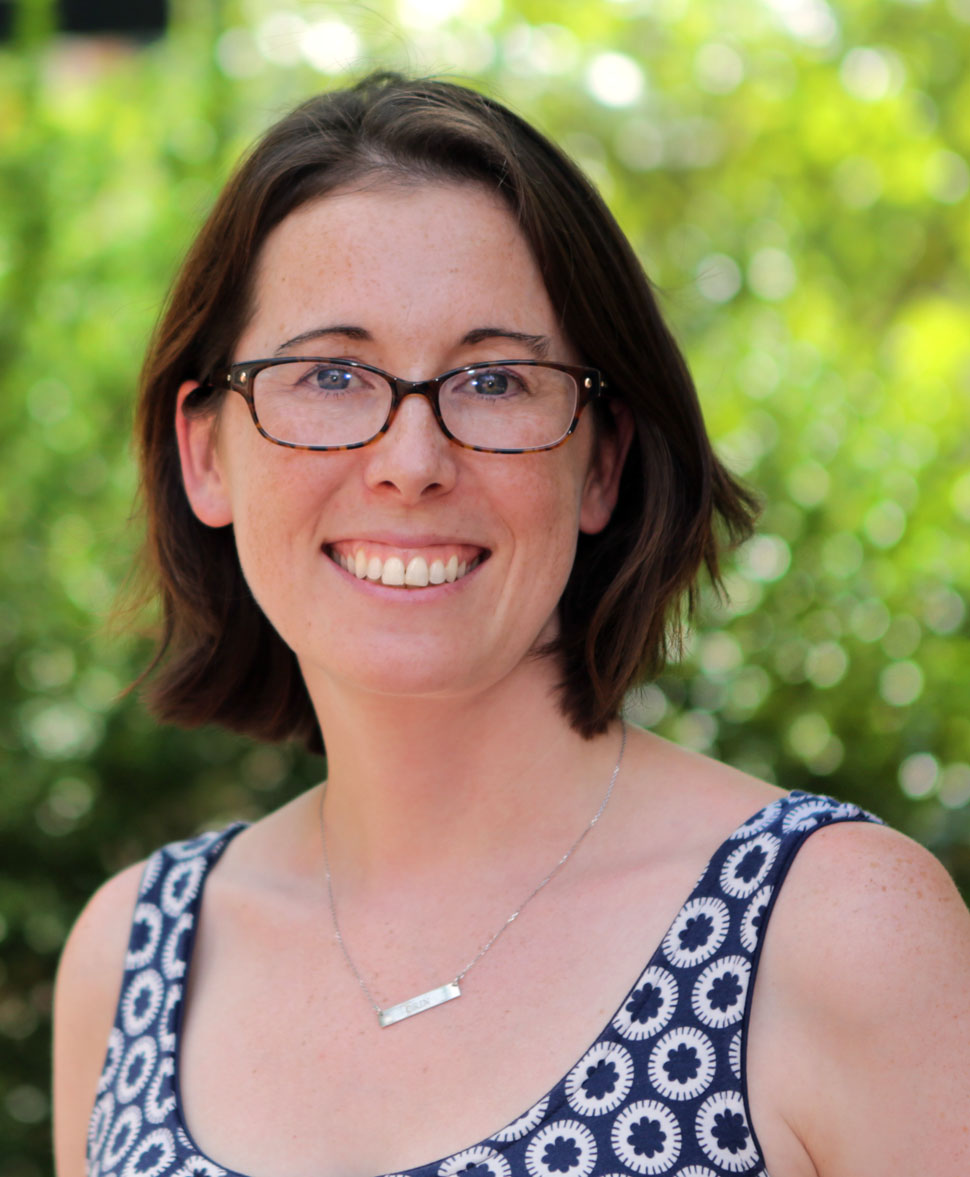About the Seminar
Using solar photons to drive energy intensive reactions that take energy poor feedstocks like water and carbon dioxide into energy rich fuels represents an opportunity to capture and store diffuse solar energy. Molecular catalysts can selectively mediate the multi-electron, multi-proton transformations that convert water and carbon dioxide into energy rich fuels but practical technologies that integrate these complexes with light absorbers have yet to be realized. To address the challenges limiting the development of solar fuel technologies, my research lab is learning (1) how to exploit energy-efficient proton-coupled electron transfer (PCET) processes for fuel production schemes and (2) how to integrate fuel-producing catalysts with photon capturing materials. Through this work, new approaches to efficiently convert solar photons into chemical energy are being developed.
About the Speaker
Jillian L. Dempsey is a professor at the University of North Carolina at Chapel Hill, and currently holds the Bowman and Gordon Gray Distinguished Term Professorship. She is currently the Deputy Director of the Center for Hybrid Approaches in Solar Energy to Liquid Fuels (CHASE), and serves as the Director of Undergrad Studies for the Dept. of Chemistry.
She received her S.B. from the Massachusetts Institute of Technology in 2005 where she worked in the laboratory of Prof. Daniel G. Nocera. As an NSF Graduate Research Fellow, she carried out research with Prof. Harry B. Gray and Dr. Jay R. Winkler at the California Institute of Technology, receiving her PhD in 2011. From 2011–2012 she was an NSF ACC Postdoctoral Fellow with Daniel R. Gamelin at the University of Washington.
In 2012 she joined the faculty at the University of North Carolina at Chapel Hill. Jillian’s research group explores charge transfer processes associated with solar fuel production, including proton-coupled electron transfer reactions and electron transfer across interfaces. Her research bridges molecular and materials chemistry and relies heavily on methods of physical inorganic chemistry, including transient absorption spectroscopy and electrochemistry. She has received numerous awards including the Harry B. Gray Award for Creative Work in Inorganic Chemistry by a Young Investigator (2019), the J. Carlyle Sitterson Award for Teaching First-Year Students (2017), a Sloan Research Fellowship (2016), a Packard Fellowship for Science and Engineering (2015), and the University Award for Advancement of Women (2021).



